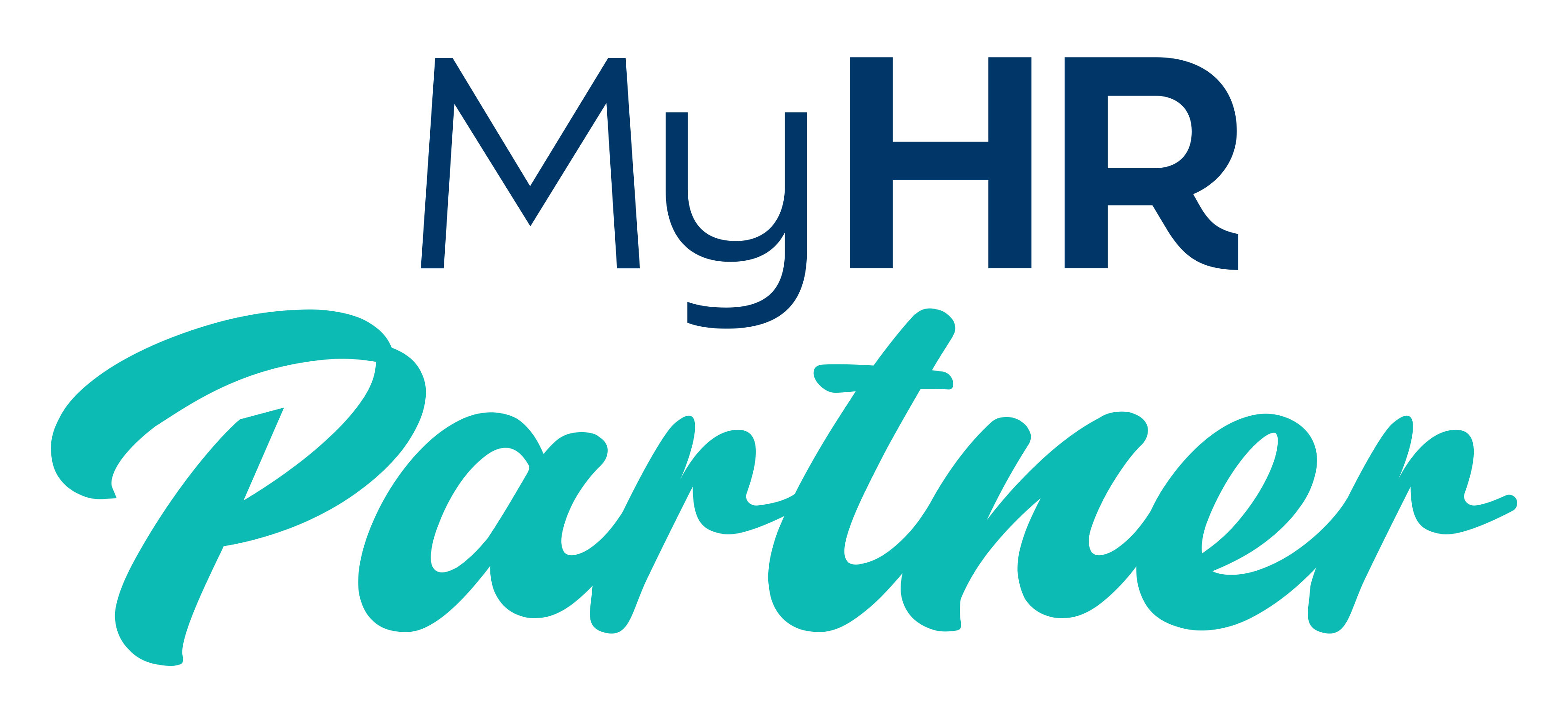Unlocking the Power of Human Resources: Welcome to Our Blog!
Discover HR updates, the latest trends, best practices, and innovative strategies shaping the world of Human Resources in Australia. From talent acquisition to employee engagement, we delve into the intricacies of HR management to empower organisations.
Let's navigate the dynamic landscape of HR together.

Having a Code of Conduct: Why it’s important
An HR code of conduct is an essential document for all Australian businesses. The purpose of a code of conduct is to outline the ethical and professional standards of behaviour that are expected of employees. Essentially, it sets out the “rules” of the business and its culture, while promoting a safe and respectful working environment. Every code of conduct can be individual and reflects the particular workplace and the expectations.
Who Does the Code of Conduct Apply To?
A Code of Conduct provides a comprehensive framework that guides employers, employees and contractors in their interactions with colleagues, management, customers/clients and external stakeholders. If an organisation has volunteers it will also apply to volunteers.
The Code of Conduct helps all parties to understand the importance of maintaining integrity, fairness and respect in all activities in the business.
Why Every Business Needs One
Think of your Code of Conduct as more than just a rulebook—it's the blueprint for your culture. It addresses potential HR hurdles by:
Keeping you safe: Protecting the business and the team by ensuring you comply with all relevant legislation.
Living your values: clearly articulating the "why" behind what you do and the values and principles that drive your success.
Setting the standard: Giving employees a clear compass for how to act and interact within the workplace.
Empowering action: Offering a clear framework to address and rectify negative or unacceptable behaviours if things go off track.
What Topics Does a Code of Conduct Cover?
For HR purposes, a code of conduct should include a summary of HR policies that that affect your business and can be expanded on in more detailed HR policies. Topics may include:
Discrimination & EEO
Harassment and bullying
Diversity and inclusion
Attendance
Communication
Confidentiality and privacy
Conflict of interest
Conflict resolution
Dress code/uniform
Use of company property
Leave policies
Use of company vehicles
Use of technology
Professional development
Appropriate behaviour and the values of the business
Legislation that applies to employees and the business
Drugs and alcohol
Things to Know Before Writing Your Document
Your organisation’s code of conduct should be written in everyday language, with clear instructions on the behaviour expected of employees in the workplace. In essence, it must outline exactly what employees can and can't do.
A code of conduct document needs to be written so it’s not subject to misinterpretation.
We can help you by providing a Code of Conduct and other HR policies to ensure all potential problems are covered by your code of conduct.
A final word on Codes of Conduct
Most importantly, the purpose of your code of conduct is to encourage and maintain appropriate workplace conduct.
This vital document can be used as a point of reference when you are dealing with issues related to breaches of your policies and the behaviour expected of an employee.
Having a Code of Conduct in place can certainly assist in avoiding any escalating issues with an employee, which can be stressful and expensive.
For further expert advice on human resources or if you have any questions about anything HR related, get in touch.
Karen Hillen is your HR Partner, she helps businesses by providing HR support and advice services.
For the right HR support and advice, book a My HR Partner HR Advice call with Karen Hillen.
https://myhrp.com.au/hr-advice-calls
My HR Partner memberships provide 24/7 access to employment contracts, HR policies and documents, and HR advice calls. These services are tailored to the member’s needs and can be accessed on demand through phone or email for performance management issues, pay rates and Award advice.
Find out more about My HR Partner HR Hub membership here:
My HR Partner HR Hub Membership
Our Latest Blog Post

Having a Code of Conduct: Why it’s important
An HR code of conduct is an essential document for all Australian businesses. The purpose of a code of conduct is to outline the ethical and professional standards of behaviour that are expected of employees. Essentially, it sets out the “rules” of the business and its culture, while promoting a safe and respectful working environment. Every code of conduct can be individual and reflects the particular workplace and the expectations.
Who Does the Code of Conduct Apply To?
A Code of Conduct provides a comprehensive framework that guides employers, employees and contractors in their interactions with colleagues, management, customers/clients and external stakeholders. If an organisation has volunteers it will also apply to volunteers.
The Code of Conduct helps all parties to understand the importance of maintaining integrity, fairness and respect in all activities in the business.
Why Every Business Needs One
Think of your Code of Conduct as more than just a rulebook—it's the blueprint for your culture. It addresses potential HR hurdles by:
Keeping you safe: Protecting the business and the team by ensuring you comply with all relevant legislation.
Living your values: clearly articulating the "why" behind what you do and the values and principles that drive your success.
Setting the standard: Giving employees a clear compass for how to act and interact within the workplace.
Empowering action: Offering a clear framework to address and rectify negative or unacceptable behaviours if things go off track.
What Topics Does a Code of Conduct Cover?
For HR purposes, a code of conduct should include a summary of HR policies that that affect your business and can be expanded on in more detailed HR policies. Topics may include:
Discrimination & EEO
Harassment and bullying
Diversity and inclusion
Attendance
Communication
Confidentiality and privacy
Conflict of interest
Conflict resolution
Dress code/uniform
Use of company property
Leave policies
Use of company vehicles
Use of technology
Professional development
Appropriate behaviour and the values of the business
Legislation that applies to employees and the business
Drugs and alcohol
Things to Know Before Writing Your Document
Your organisation’s code of conduct should be written in everyday language, with clear instructions on the behaviour expected of employees in the workplace. In essence, it must outline exactly what employees can and can't do.
A code of conduct document needs to be written so it’s not subject to misinterpretation.
We can help you by providing a Code of Conduct and other HR policies to ensure all potential problems are covered by your code of conduct.
A final word on Codes of Conduct
Most importantly, the purpose of your code of conduct is to encourage and maintain appropriate workplace conduct.
This vital document can be used as a point of reference when you are dealing with issues related to breaches of your policies and the behaviour expected of an employee.
Having a Code of Conduct in place can certainly assist in avoiding any escalating issues with an employee, which can be stressful and expensive.
For further expert advice on human resources or if you have any questions about anything HR related, get in touch.
Karen Hillen is your HR Partner, she helps businesses by providing HR support and advice services.
For the right HR support and advice, book a My HR Partner HR Advice call with Karen Hillen.
https://myhrp.com.au/hr-advice-calls
My HR Partner memberships provide 24/7 access to employment contracts, HR policies and documents, and HR advice calls. These services are tailored to the member’s needs and can be accessed on demand through phone or email for performance management issues, pay rates and Award advice.
Find out more about My HR Partner HR Hub membership here:
My HR Partner HR Hub Membership
We provide HR advice and support. We have trusted partners to assist with any employment law issues
outside of our scope.
More info

Get HR Advice from our HR expert
Our Latest Blog Post

Having a Code of Conduct: Why it’s important
An HR code of conduct is an essential document for all Australian businesses. The purpose of a code of conduct is to outline the ethical and professional standards of behaviour that are expected of employees. Essentially, it sets out the “rules” of the business and its culture, while promoting a safe and respectful working environment. Every code of conduct can be individual and reflects the particular workplace and the expectations.
Who Does the Code of Conduct Apply To?
A Code of Conduct provides a comprehensive framework that guides employers, employees and contractors in their interactions with colleagues, management, customers/clients and external stakeholders. If an organisation has volunteers it will also apply to volunteers.
The Code of Conduct helps all parties to understand the importance of maintaining integrity, fairness and respect in all activities in the business.
Why Every Business Needs One
Think of your Code of Conduct as more than just a rulebook—it's the blueprint for your culture. It addresses potential HR hurdles by:
Keeping you safe: Protecting the business and the team by ensuring you comply with all relevant legislation.
Living your values: clearly articulating the "why" behind what you do and the values and principles that drive your success.
Setting the standard: Giving employees a clear compass for how to act and interact within the workplace.
Empowering action: Offering a clear framework to address and rectify negative or unacceptable behaviours if things go off track.
What Topics Does a Code of Conduct Cover?
For HR purposes, a code of conduct should include a summary of HR policies that that affect your business and can be expanded on in more detailed HR policies. Topics may include:
Discrimination & EEO
Harassment and bullying
Diversity and inclusion
Attendance
Communication
Confidentiality and privacy
Conflict of interest
Conflict resolution
Dress code/uniform
Use of company property
Leave policies
Use of company vehicles
Use of technology
Professional development
Appropriate behaviour and the values of the business
Legislation that applies to employees and the business
Drugs and alcohol
Things to Know Before Writing Your Document
Your organisation’s code of conduct should be written in everyday language, with clear instructions on the behaviour expected of employees in the workplace. In essence, it must outline exactly what employees can and can't do.
A code of conduct document needs to be written so it’s not subject to misinterpretation.
We can help you by providing a Code of Conduct and other HR policies to ensure all potential problems are covered by your code of conduct.
A final word on Codes of Conduct
Most importantly, the purpose of your code of conduct is to encourage and maintain appropriate workplace conduct.
This vital document can be used as a point of reference when you are dealing with issues related to breaches of your policies and the behaviour expected of an employee.
Having a Code of Conduct in place can certainly assist in avoiding any escalating issues with an employee, which can be stressful and expensive.
For further expert advice on human resources or if you have any questions about anything HR related, get in touch.
Karen Hillen is your HR Partner, she helps businesses by providing HR support and advice services.
For the right HR support and advice, book a My HR Partner HR Advice call with Karen Hillen.
https://myhrp.com.au/hr-advice-calls
My HR Partner memberships provide 24/7 access to employment contracts, HR policies and documents, and HR advice calls. These services are tailored to the member’s needs and can be accessed on demand through phone or email for performance management issues, pay rates and Award advice.
Find out more about My HR Partner HR Hub membership here:
My HR Partner HR Hub Membership
We provide HR advice and support.
We have trusted partners to assist with
any employment law issues outside
of our scope.
More info
PO Box 1079
Coolangatta QLD 4225
ABN 30 644 527 015
Get HR Advice from our HR expert








